
Remember the movie?
During the night, a storm knocked out the electricity, so the alarm clock was unreliable. From 2005-2009, my family and I lived on Chicago’s North Shore – just a couple of blocks from the house where all the holiday zaniness was filmed – and we remember those winter winds well. We loved our time in idyllic Winnetka, Illinois.
Anway, the unreliable alarm clock set the stage. Kevin was asleep – feeling the disgrace of his bad behavior – while the next-door kid made a mistaken head count as the family headed out for the airport. In the mad dash to O’Hare and to board the flight – they barely made it – no one notices that Kevin is missing.
The jumbo jet takes off for Paris, and Kevin is home alone.
For time’s sake, I won’t get into the many lessons learned by Kevin, but I want to share one important conversation between Kevin and his neighbor “Old Man Marley” on Christmas Eve, while they’re watching a choir rehearsal at church …
Marley: “I came to hear my granddaughter sing. And I can’t come hear her tonight.”
Kevin: “You have plans?”
Marley: “No. I’m not welcome.”
Kevin: “At church?”
Marley: “You’re always welcome at church. I’m not welcome with my son. Years back, before you and your family moved on the block, I had an argument with my son. We lost our tempers, and I said I didn’t care to see him anymore. He said the same, and we haven’t spoken to each other since.”
Kevin: “If you miss him, why don’t you call him?”
Marley: “I’m afraid if I call that he won’t talk to me.”
Kevin: “How do you know?”
Marley: “I don’t know. I’m just afraid he won’t.”
Kevin: “No offense, but aren’t you a little old to be afraid?”
Marley: “You can be a little old for a lot of things. You’re never too old to be afraid.”
That’s it: “You’re never too old to be afraid!”
We all have fears. If you say you don’t, you’re either not being honest or you’re in for a shock. Some of us start sweating at even the thought of spiders or snakes or sharks. Or heights. Or public speaking (with or without the audience-in-their-underwear trick). Some of us want to install a new security system every time there’s a strange noise in the middle of the night. Some of us fear impending enemies, whether we know about them or not. They’re out there somewhere – that’s for sure. Many of us feel paralyzed by fear in the form of shame, or defeat, or not measuring up, or sickness, sadness, or aloneness, or loss – whether catastrophic or in some form of gradual decline. I don’t have to tell you that many, many people fear death.
Whether you’re eight or eighty, you’re never too old to be afraid. Marley nailed it, though lots of kids watching the movie were afraid of him! Maybe you’re afraid to be left home alone – or maybe that’s the least of your fears.
Holding onto a peaceful spirit amidst the chaos in this world is difficult to say the least, yet Christ has come to give us exactly that. We can‘t feed on “the news” and expect to stay peaceful, as the entire news industry operates by economic incentive to sensationalize every event in order to hook us in. That’s why “Breaking News” no longer means very much. So we’re always given parts of a story – the parts that somebody has determined are most likely to lure us and lasso us. Fear sells.
Your mind can handle only so much negative news. That’s how God has hardwired us. When we’re regularly exposed to distressing news – whether accurate or not – the constant diet of it heightens the fight-or-flight response created naturally by our bodies. It’s a concrete physiological reaction. When you and I absorb bad news outside the light of the good news – good news: God’s eternal perspective surrounding His gift of Christ to us – our brain struggles to process the impending danger. This is stressful physically, emotionally, and spiritually. Over time, this persistent stress weakens our immune system. Our overall health suffers. Perhaps you’re agitated, anxious, or fearful for no apparent reason – it could be caused by a steady intake of bad news unmediated by gospel hope.
We need Christmas! The real thing.
Think about it. One of the key themes of the Christmas story is fear. Pretty much everybody recorded in the Gospels was afraid – at least at first. Whether it was news of an eyebrow-raising pregnancy which nobody would understand … or scary angels appearing in the once-peaceful night skies … or wise men feeling enough of a credible government threat to flee the country, everybody had plenty to worry about.
But, throughout the whole story, God keeps sending a reassuring message: “Don’t be afraid!” Read the story again, and you’ll see a steady stream of messengers sent from our gracious God to very frightened people – moving them from fear to joy. Finally, Christmas made sense.
Life on this fallen planet includes fear. Mary, Joseph, the shepherds, the wise men, Marley, Kevin, and everybody else – even “Wet Bandits” – have to face their fears.
Just like for Old Man Marley, the time might be now to face our fears by making an important phone call or two. It’s wise: “If possible, so far as it depends on you, live peaceably with all” (Romans 12:18). When it comes to the joy of Christmas, you and I don’t want to be the ones who are disturbing the peace.
At the height of the Cold War, when the dangers of the atomic bomb invaded every headline and frightened every home, C.S. Lewis gave practical advice: “If we are all going to be destroyed by an atomic bomb, let that bomb when it comes find us doing sensible and human things – praying, working, teaching, reading, listening to music, bathing the children, playing tennis, chatting to our friends over a pint and a game of darts – not huddled together like frightened sheep and thinking about bombs. They may break our bodies – a microbe can do that – but they need not dominate our minds.”
It’s high time you and I live like it’s Christmas.
Pastor Charles

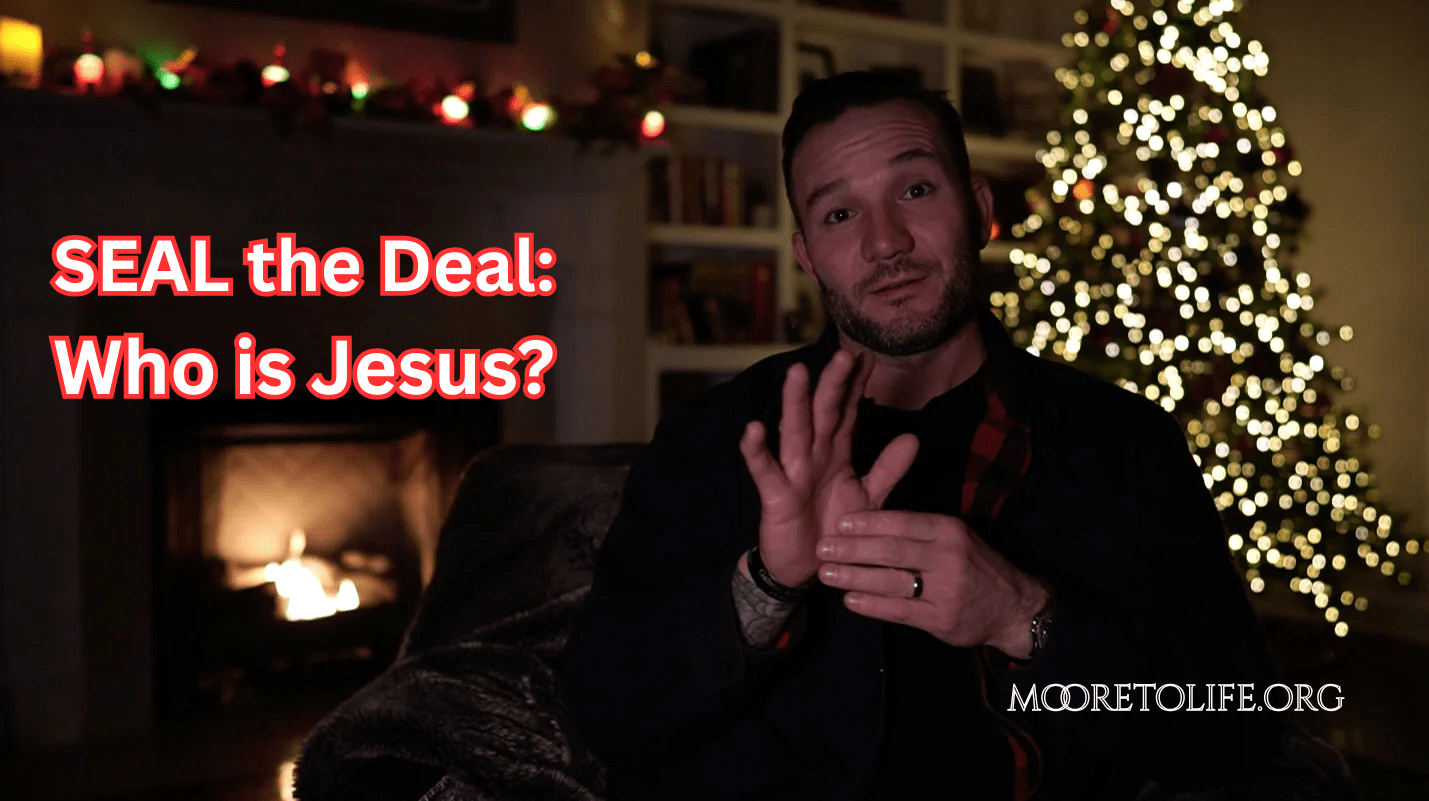
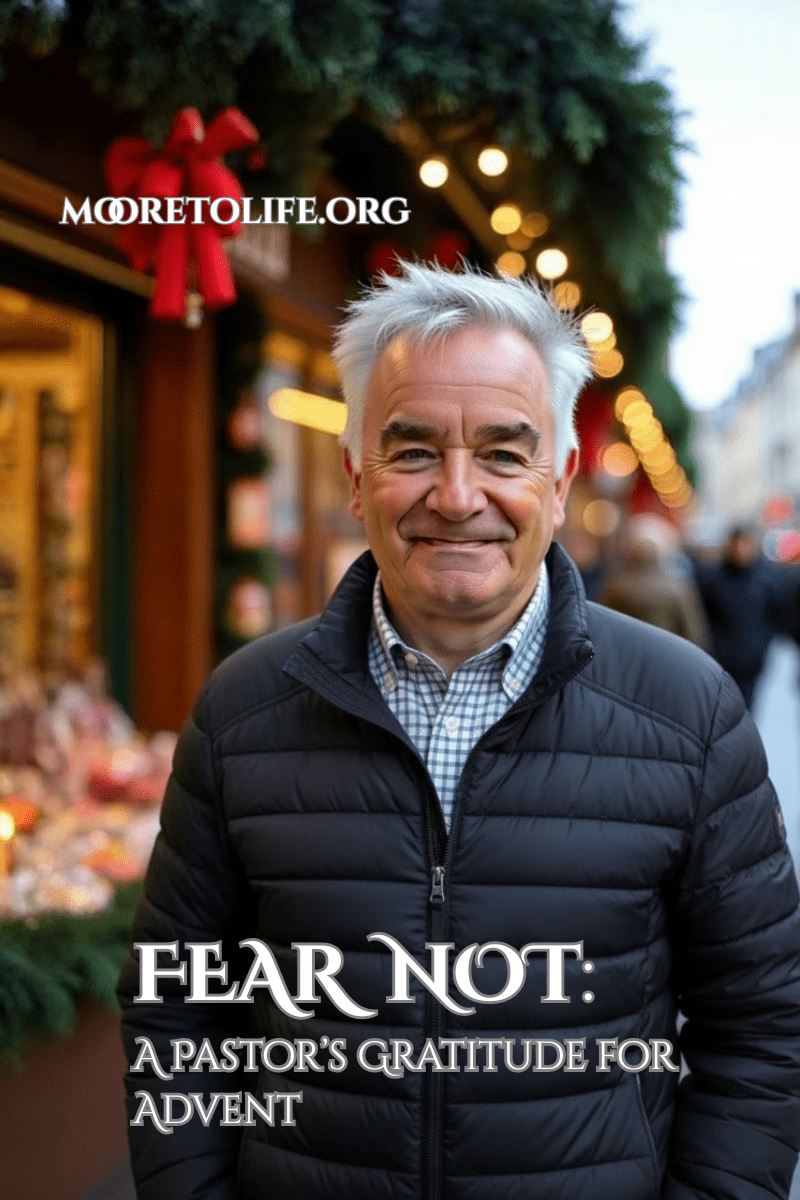
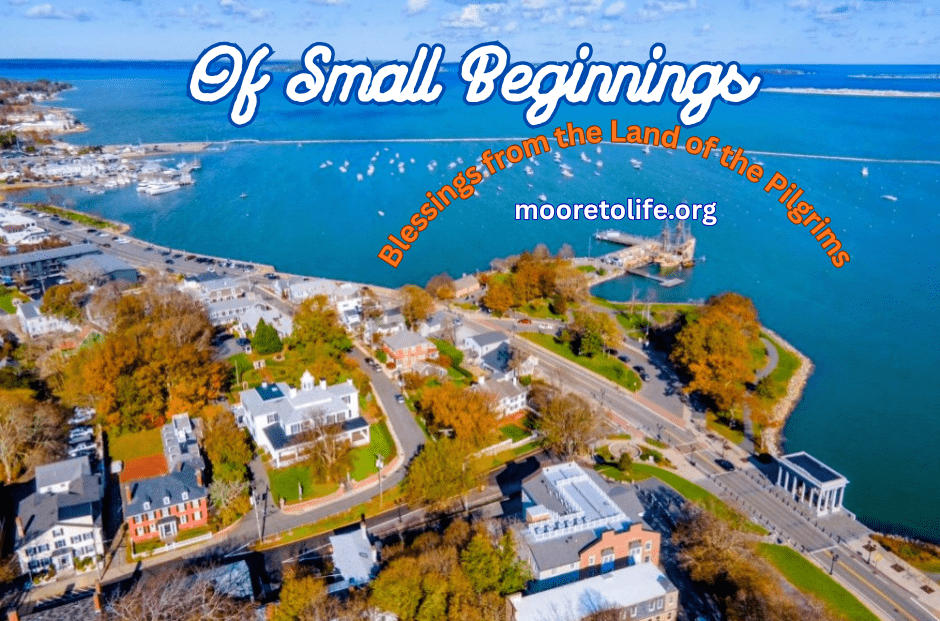
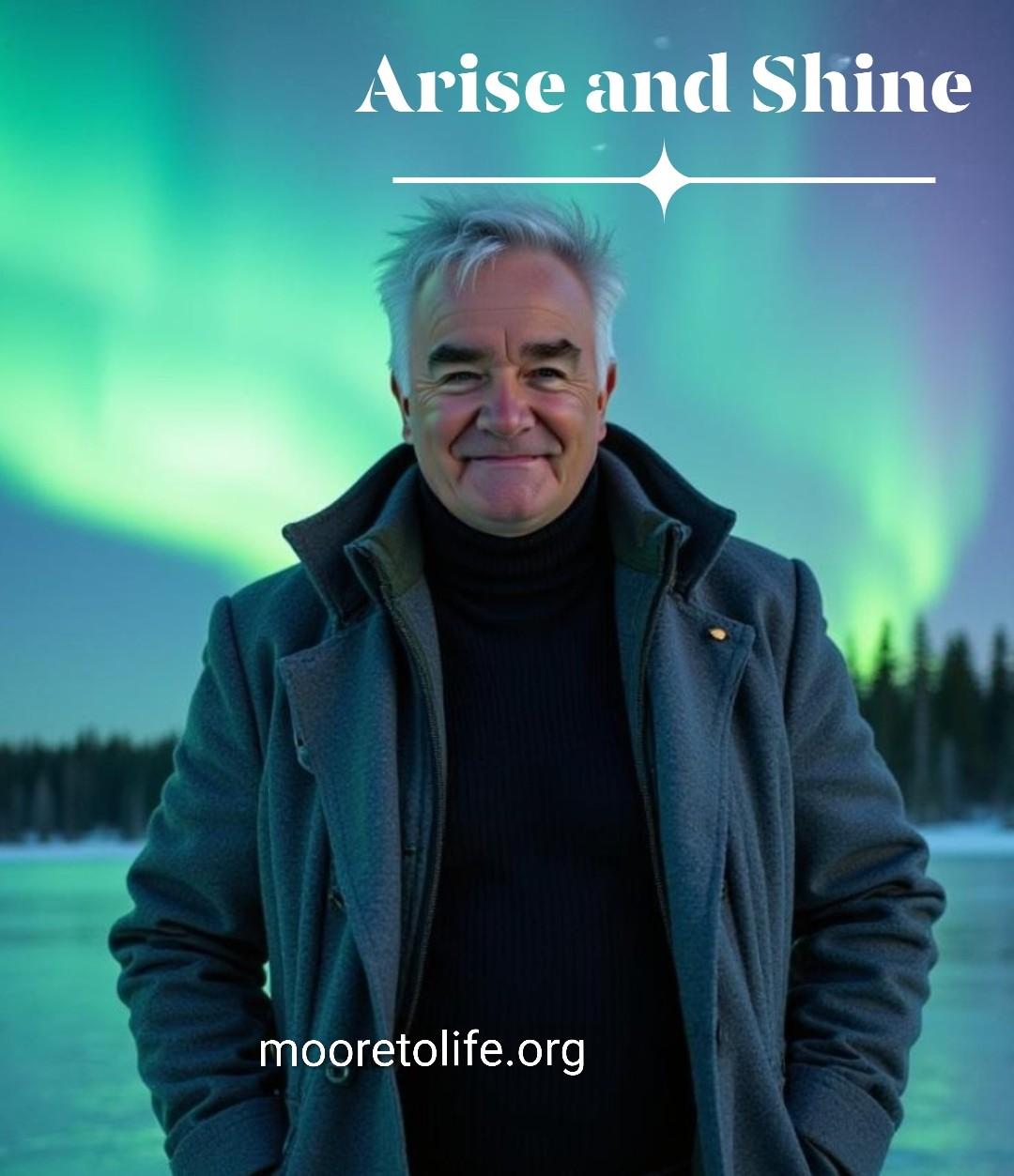
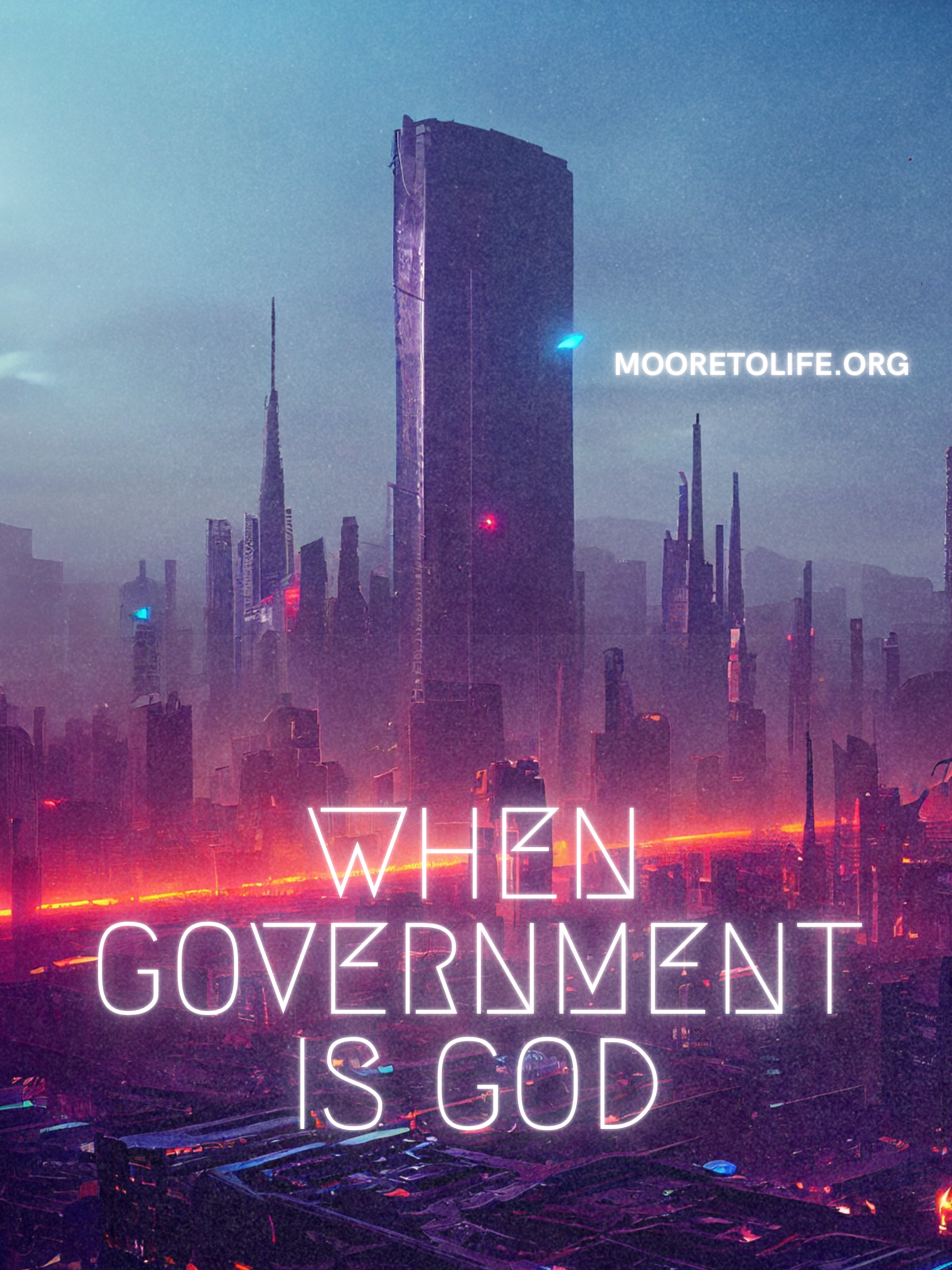
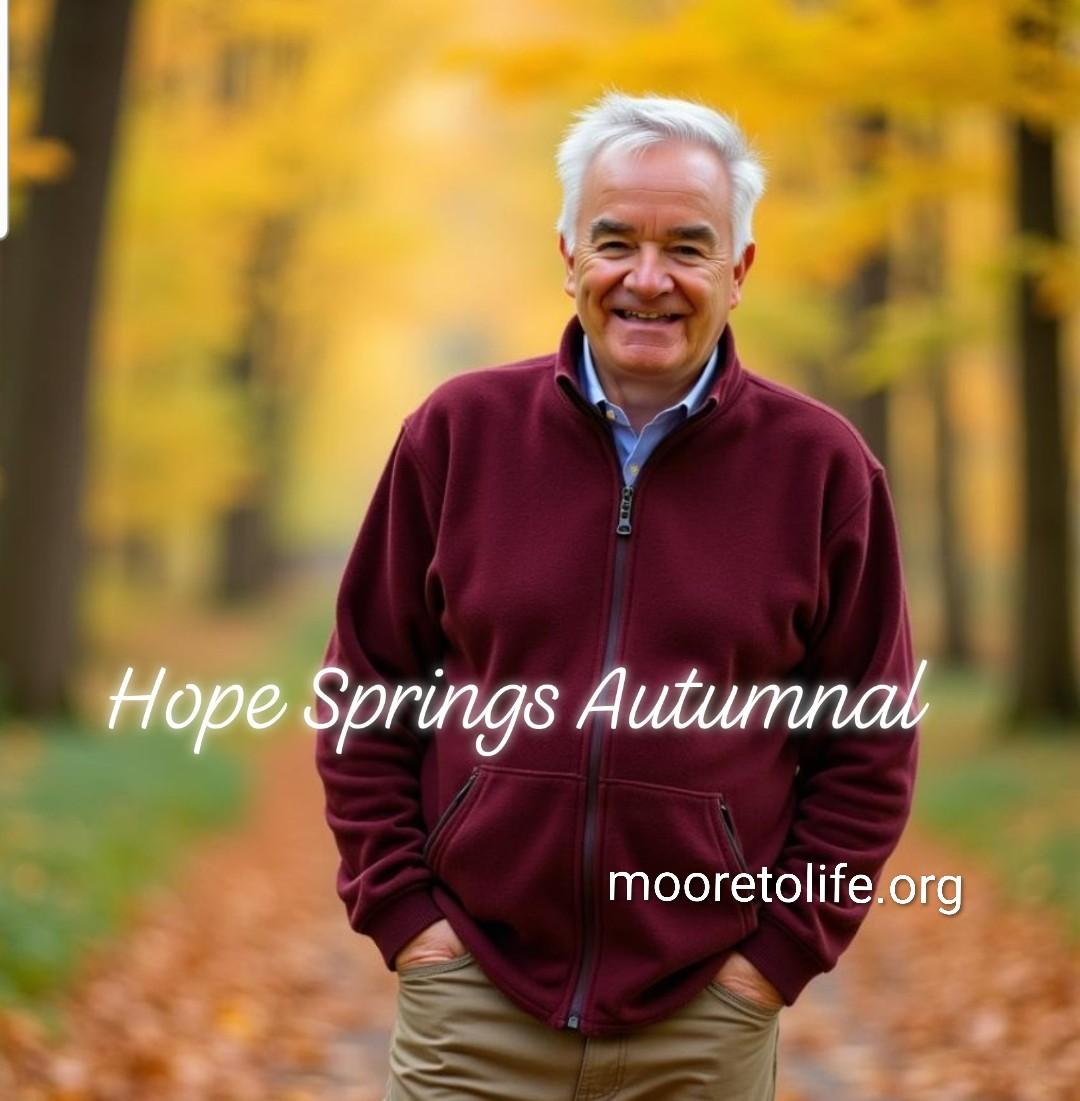
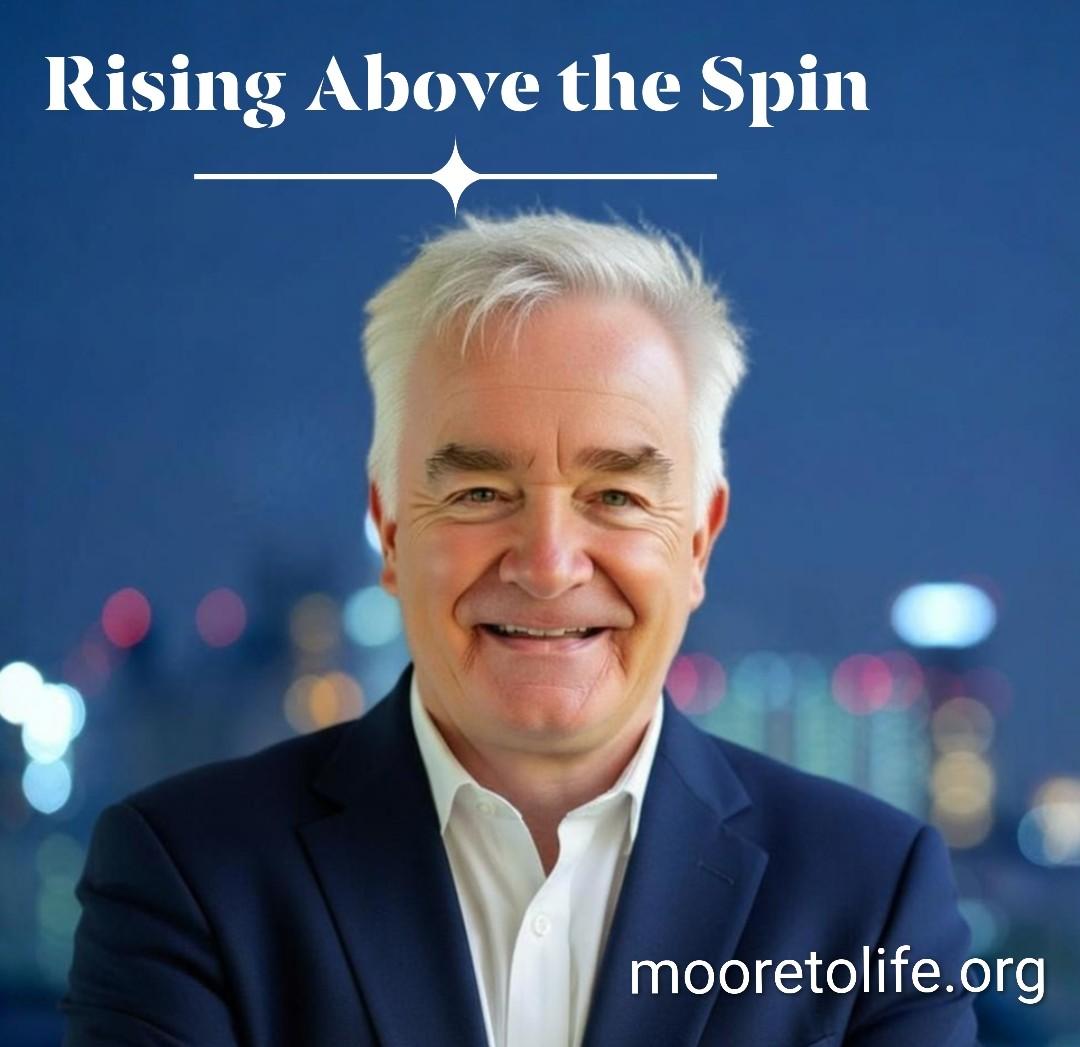

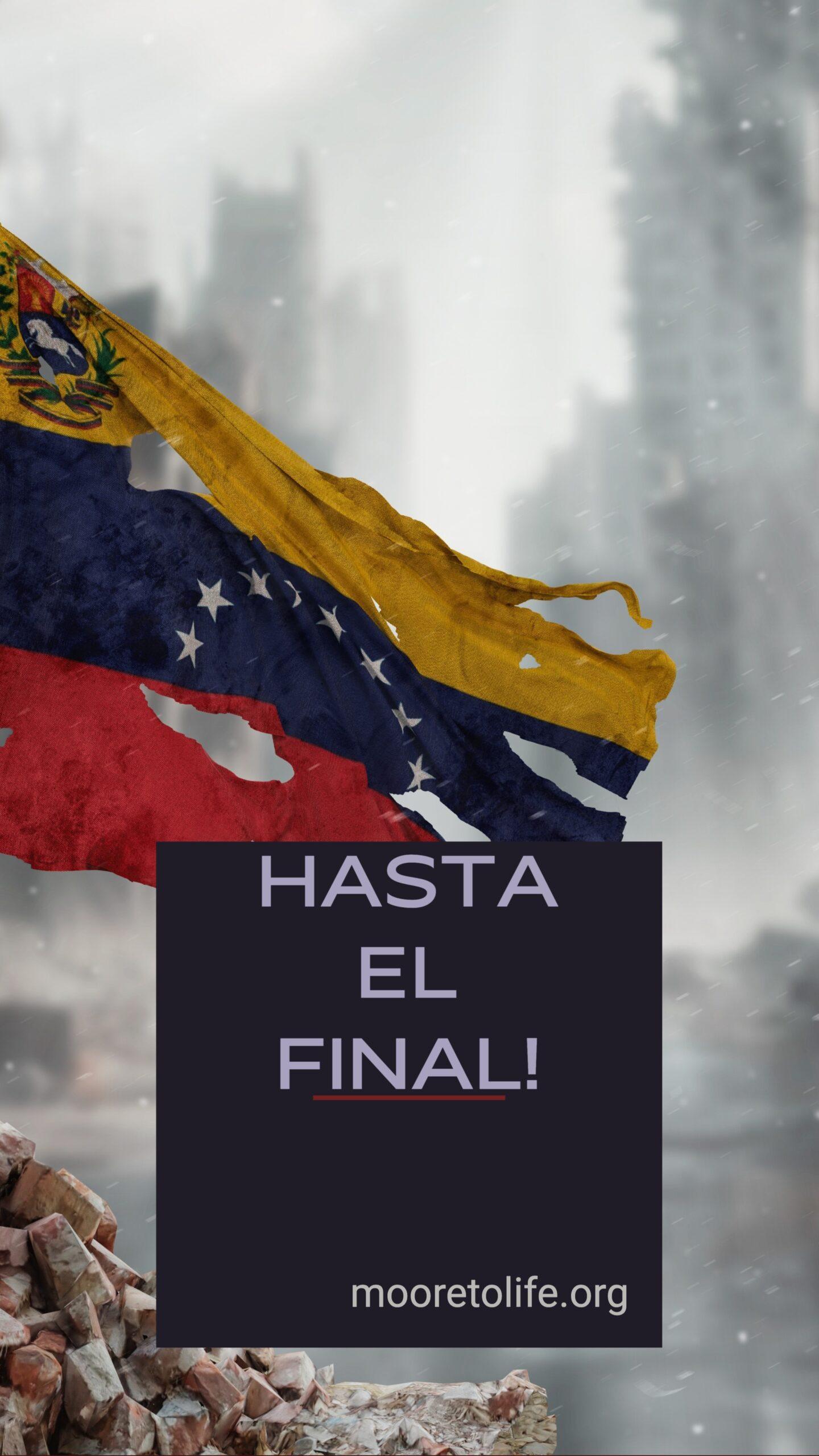
Recent Comments